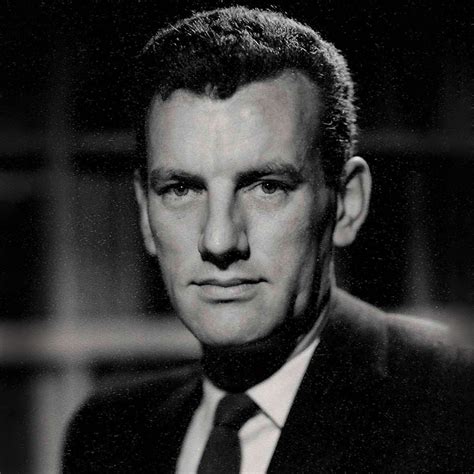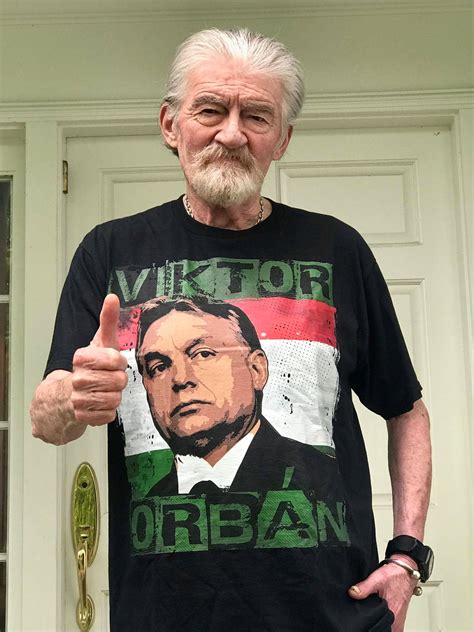A Quote by Don Cupitt
I am suggesting that we can and do regain eternity when we are so immersed in life, in moral action, or in aesthetic contemplation, that we completely forget about time and anxiety.
Quote Topics
Related Quotes
Eternity isn't some later time. Eternity isn't a long time. Eternity has nothing to do with time. Eternity is that dimension of here and now which thinking and time cuts out. This is it. And if you don't get it here, you won't get it anywhere. And the experience of eternity right here and now is the function of life.
I'm not suggesting at all that we take away all of the characters' vices. I am suggesting that this particular vice is so insidious, so nefarious, and so deadly that simply by glamorizing it or poisoning our young adults, and I think it's a very separate category, but in no way am I suggesting that we move on from banning smoking in movies to banning drinking, you know, or whatever else we want to do.
But this is that which will dignify and exalt knowledge: if contemplation and action be more nearly and straitly conjoined and united together than they have been: a conjunction like unto that of the highest planets, Saturn, the planet of rest and contemplation, and Jupiter, the planet of civil society and action.
There is a sinister anachronistic interpretation of the aesthetic state as some kind of totalitarian regime that puts aesthetic over moral standards; one associates it with national-socialism. But this has nothing to do with the romantics, whose ideal of the aesthetic state has much more to do with the republican tradition.
Even so does he who provides for the short time of this life, but takes no care for all eternity; which is to be wise for a moment, but a fool for ever; and to act as crossly to the reason of things as can be imagined; to regard time as if it were eternity, and to neglect eternity as if it were but a short time.
The Oriental philosophy approaches easily loftier themes than the modern aspires to; and no wonder if it sometimes prattle about them. It only assigns their due rank respectively to Action and Contemplation, or rather does full justice to the latter. Western philosophers have not conceived of the significance of Contemplation in their sense.
Ideas are powerful things, requiring not a studious contemplation but an action, even if it is only an inner action. Their acquisition obligates each man in some way to change his life, even if it is only his inner life. They demand to be stood for. They dictate where a man must concentrate his vision. They determine his moral and intellectual priorities. They provide him with allies and make him enemies. In short, ideas impose an interest in their ultimate fate which goes far beyond the realm of the merely reasonable.
One can take eternity and time to be predicates of God since, being the Ancient of Days, He is the cause of all time and eternity. Yet He is before time and beyond time and is the source of the variety of time and of the seasons. Or again, He precedes the eternal ages, for He is there before eternity and above eternity, and 'His kingdom is an everlasting kingdom' (Ps. 145:13). Amen.





































